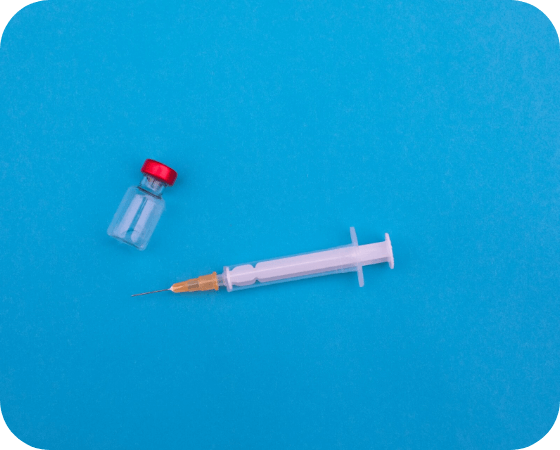No vaccine is perfect, and unfortunately, COVID-19 vaccines have caused serious adverse side effects in a tiny percentage of people. For those whose side effects are severe enough to put them out of work or generate high medical bills, the federal government can provide benefits via the Countermeasures Injury Compensation Program (CICP). This program is not to be confused with the National Vaccine Injury Compensation Program (VICP), which does not address caused by COVID-19 vaccines. Examples of serious side effects from COVID-19 vaccines can include blood clots, long-lasting shoulder pain, and swelling of the tongue.
However, the CICP is not up to snuff, and the majority of claims are not being addressed. As public health officials continue to encourage Americans to get vaccinated against COVID-19, how can the government better serve those who face rare yet serious consequences from doing the right thing and getting their shots?
The CIPC, explained. Created in 2010, the CICP was created to provide compensation for injuries resulting from any vaccination, medication, or other device that’s recommended to treat against a declared pandemic, epidemic, or security threat such as Ebola, Zika, and anthrax.
In March 2020, then-HHS Secretary Alex Azar issued a declaration to provide liability immunity for countermeasures like vaccines and treatments related to COVID-19. He also directed the CICP to provide benefits to individuals who “sustain a serious physical injury or die” from a COVID-19 countermeasure.
In terms of coverage, the CICP provides $50,000 a year to replace lost wages and reimburse out-of-pocket medical expenses. If a person dies, a next-of-kin can receive up to $370,376. Those who are injured by a countermeasure can request compensation by filing a request and submitting medical records within one year from the date the countermeasure was administered. CICP medical staff then process to review compensation claims, and those who feel their claims are unfairly rejected can review an appeal before an independent panel.
Unfortunately, many claims are not being address. As of October 2021, over 1,300 countermeasure claims linked to COVID-19 vaccines remain pending before the CICP independent panel. Since its creation over a decade ago, the CICP has only compensated 29 claims – none of which stem from the COVID-19 pandemic.
One of these unaddressed claims belongs to Cody Flint, an agricultural pilot from Mississippi who has been experiencing serious health issues after getting vaccinated for COVID-19 in February 2021. Sen. Cindy Hyde-Smith (R-MS) shared Flint’s story to Health and Human Services (HHS) Secretary Xavier Becerra in a May 4th congressional hearing, where she remarked that CICP has shown a lack of urgency and transparency in addressing claims.
In response, Becerra didn’t provide any information on how CICP is addressing the backlog of claims. Instead, he voiced agreement on the importance of providing transparency, and he explained he wants to make sure no one is “gaming the system” so that “those who really have medical issues to report are the ones who are receiving assistance.”
However, Becerra did seemingly acknowledge that many claims aren’t being addressed, saying “we’ve heard this story before,” and he promised to put a member of his staff in touch with the senator to provide further details.
Some lawmakers aren’t waiting around for the administration to take action on CICP claims, though. Hyde-Smith is a cosponsor of the Countermeasure Injury Compensation Fund Amendment Act, which would update CICP’s adjudication framework and create a new commission to look at countermeasures specifically caused by COVID-19 vaccines. Unfortunately, the backlog of CICP claims hasn’t captured the attention of many lawmakers so far. The Senate bill has only garnered thee cosponsors as of this writing, and only one House bill has been introduced that would address CICP in some fashion. Thus, it doesn’t seem like either measure has a shot at advancing in Congress anytime soon.
While the number of countermeasures arising from COVID-19 vaccines remains incredibly small, people who’ve legitimately suffered from countermeasures deserve compensation. Although the federal government seems aware of the fact that the CICP claims backlog is nothing short of outstanding, without any additional commentary from top HHS officials like Becerra, it remains unclear if and when the administration will take action to address the backlog. In the meantime, the best course of action for people impacted by countermeasures is to continue to advocate for changes at CICP, with the hope that more lawmakers will take notice and put pressure on the administration to get the program in order.

